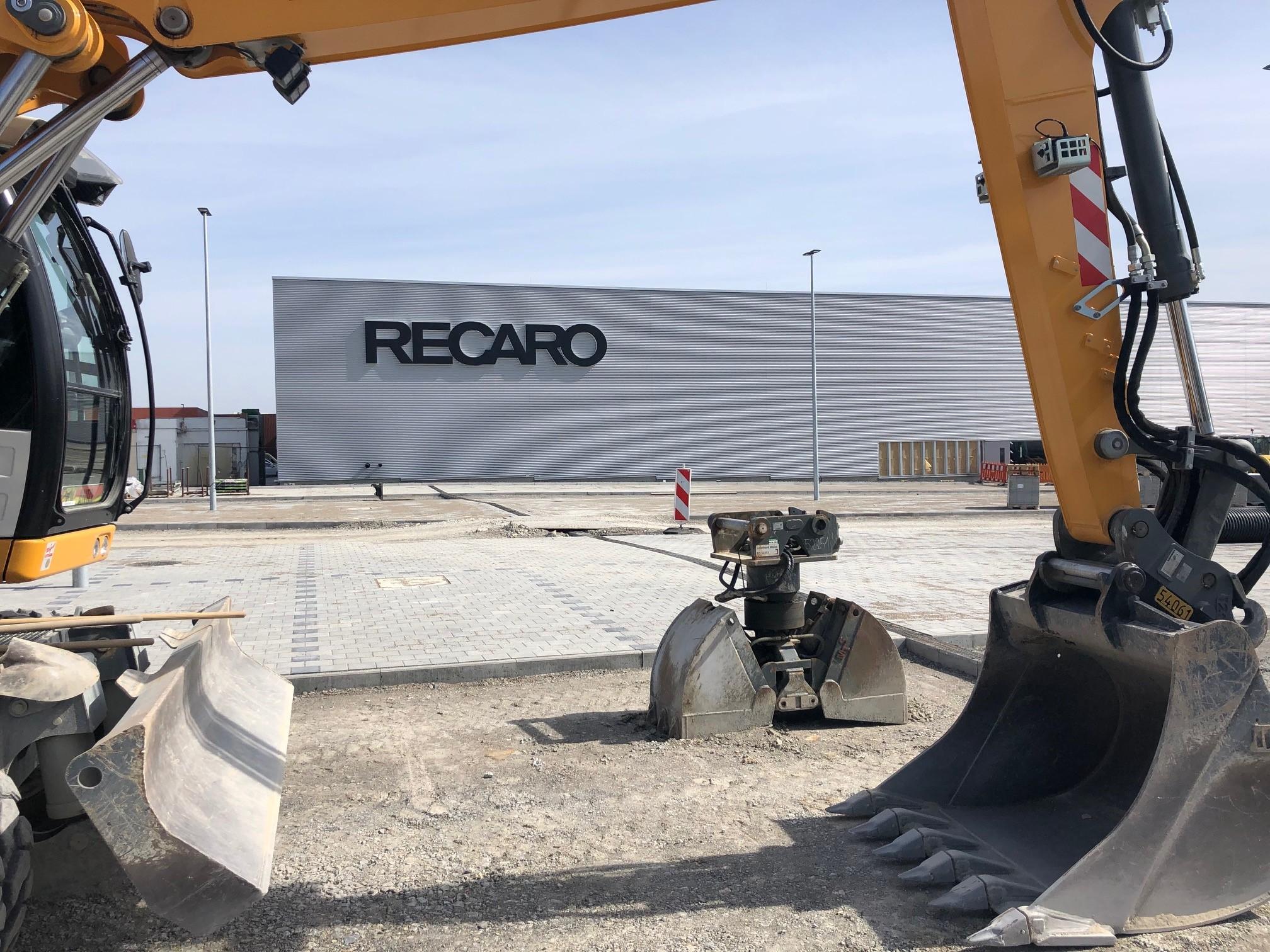
Recaro Aircraft Seating reported its 2020 earnings as €295 million, down 60% from 2019. However, the seating company remains focused on moving forward after an unprecedented pandemic year.
Despite the COVID-19 crisis, Recaro CEO and shareholder Mark Hiller said the company continues to work to expand its global footprint, “working on new innovations and motivating our key capital, our employees.”
Recaro employs 2,100 team members across its five sites, which experienced headcount reductions by up to 30%. Despite this, the company said it was able to reach a “significant deal” with employees at its Schwaebisch Hall headquarters to secure their employment through mid-2023.
Hiller told ATW that at the start of the crisis Recaro “had lots of discussion exchanges with airlines,” which went beyond the immediate focus on hygiene and distance, to efficiency and sustainability, to support the company’s internal and external goals for long-term success.
Robust measures from the company’s global efficiency program, Touch & Go, reduced costs by 18% across all sites and implemented 150 projects to support efficiency. Management teams contributed extra savings through salary cuts and the implementation of “short-time work” at the Schwaebisch Hall site also helped save resources.
Looking beyond the challenges in 2020, the company said its lightest economy class seat to-date, the SL3710, took flight for the first time on KLM Royal Dutch Airlines and TAP Air Portugal.
Recaro entered the regional jet market for the first time and announced KLM Cityhopper as its first regional jet customer and will be using a novel hybrid layout. Seats for the Indigo Partners deal, the largest in Recaro history, take flight for the first time in March 2021 onboard Denver-based Frontier Airlines’ new Airbus A320neos.
Recaro said it is driving sustainability forward to contribute to the eco-efficiency of aviation as solution provider. The space2grow expansion projects in construction at Recaro headquarters remain on track: the customer service area, crash facility and flam lab are slated to open in fall 2021.
